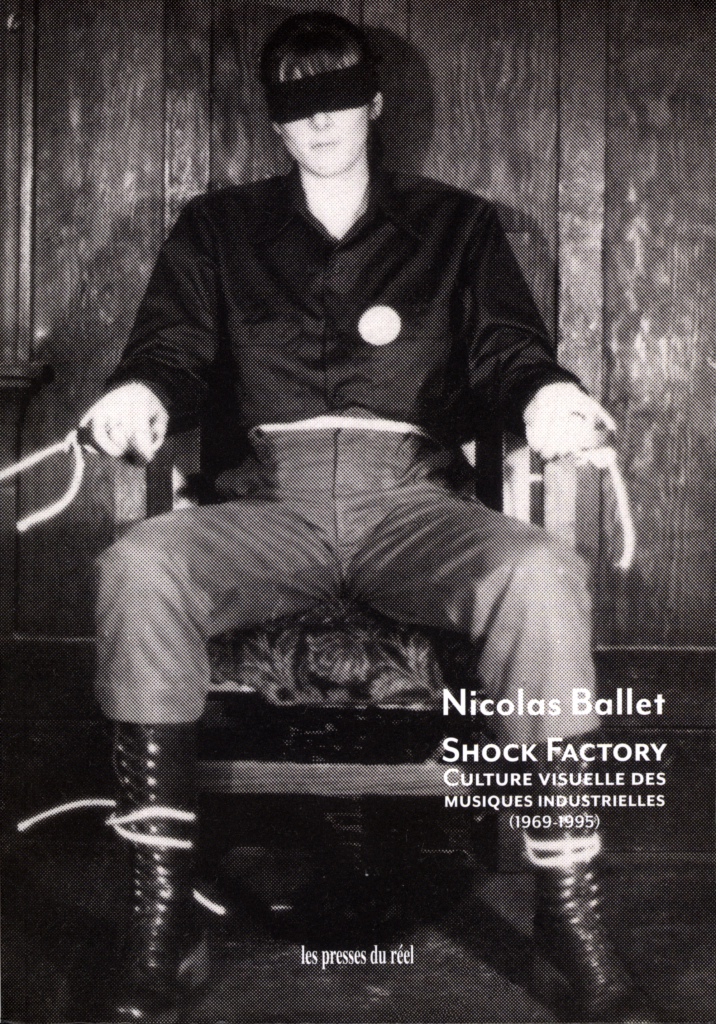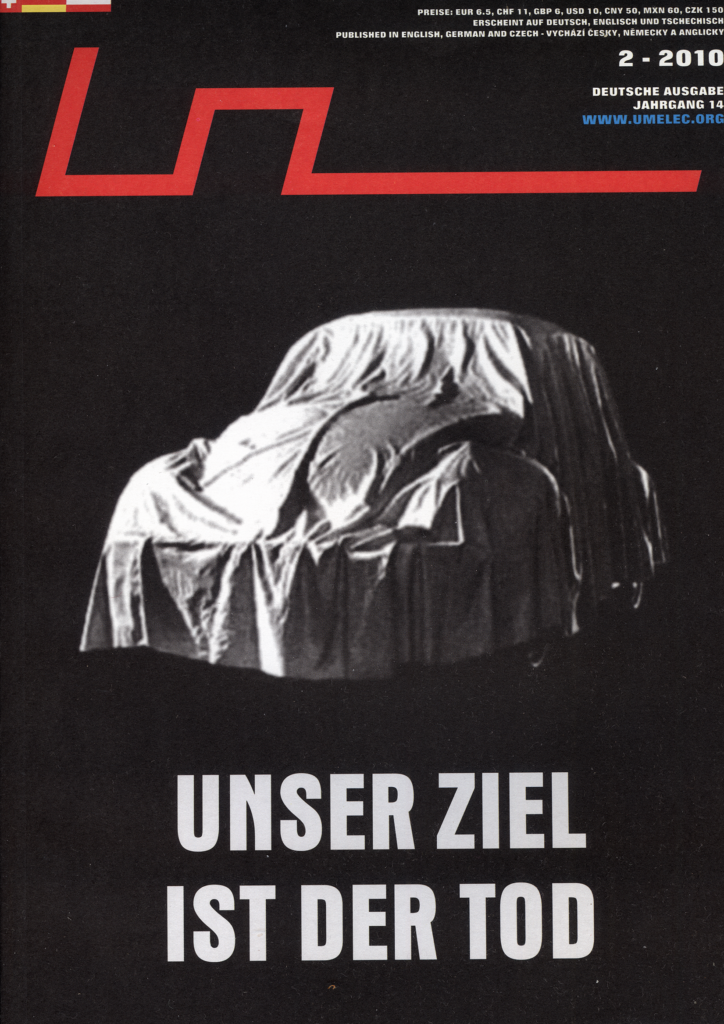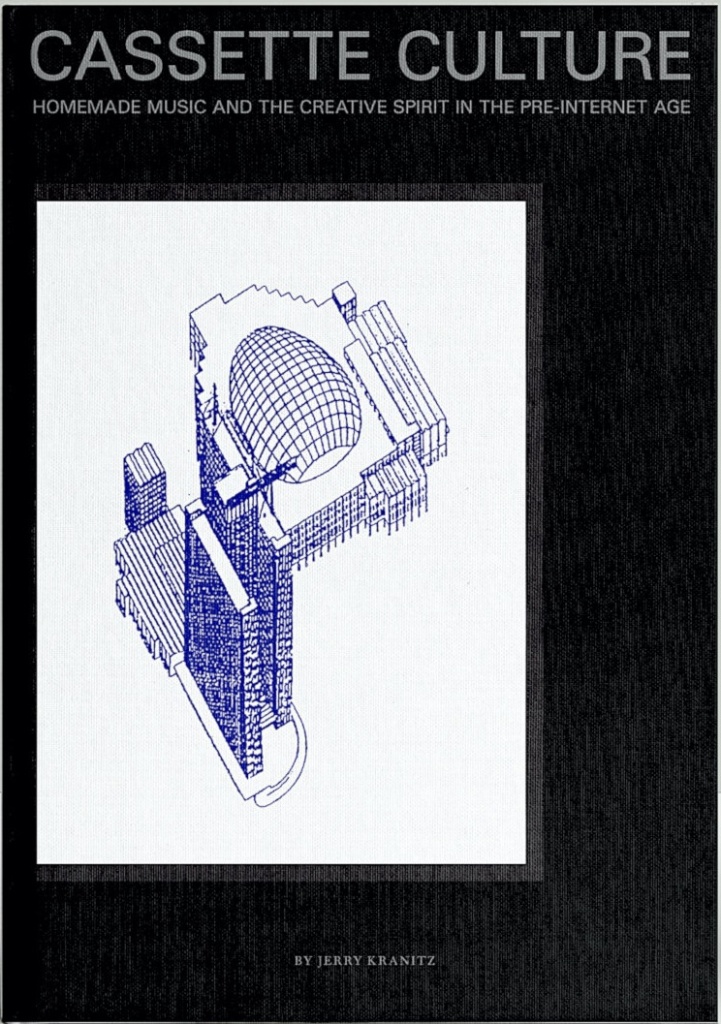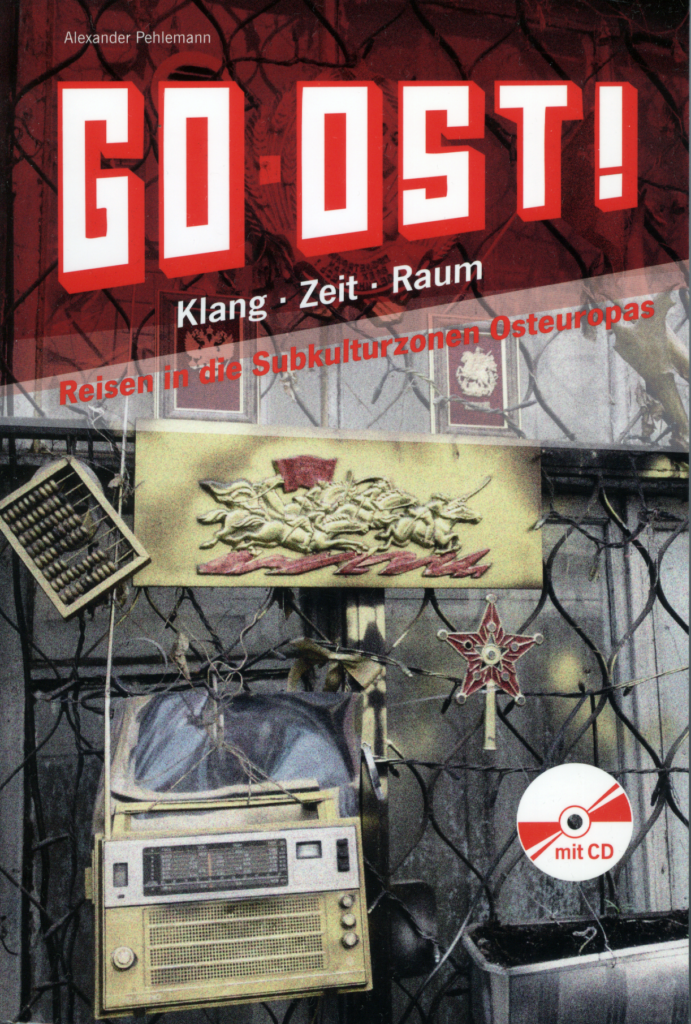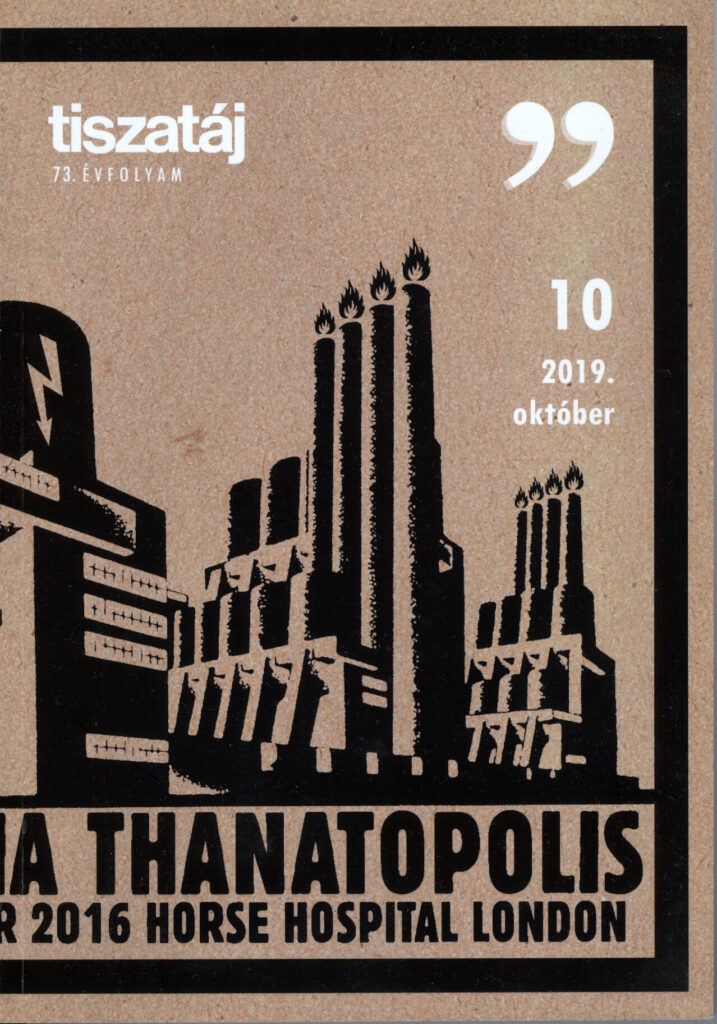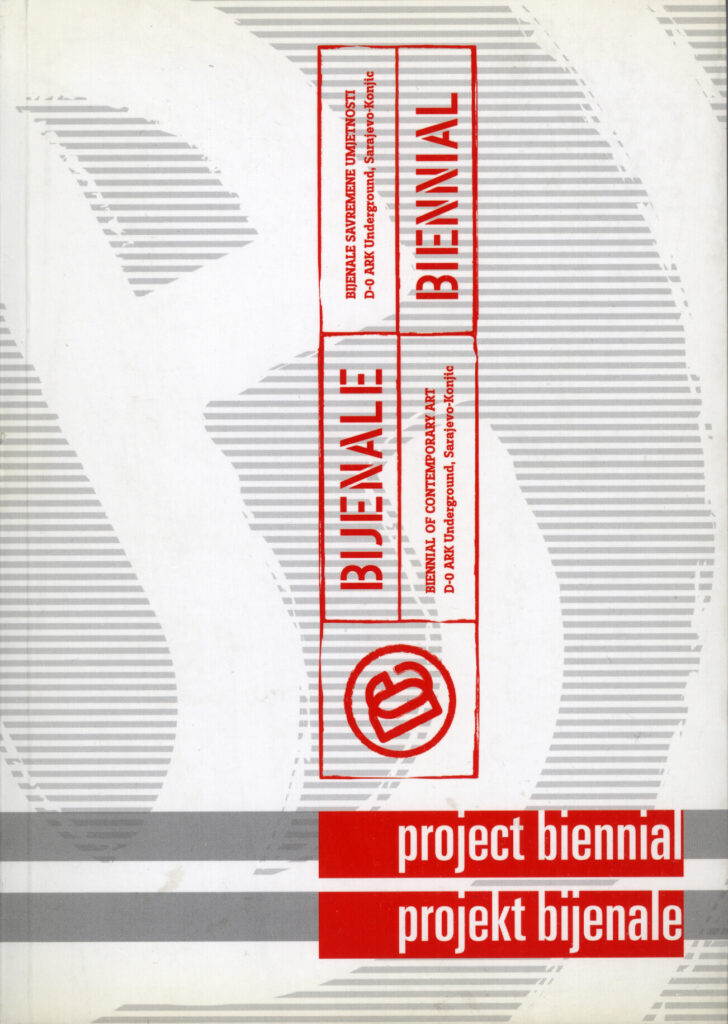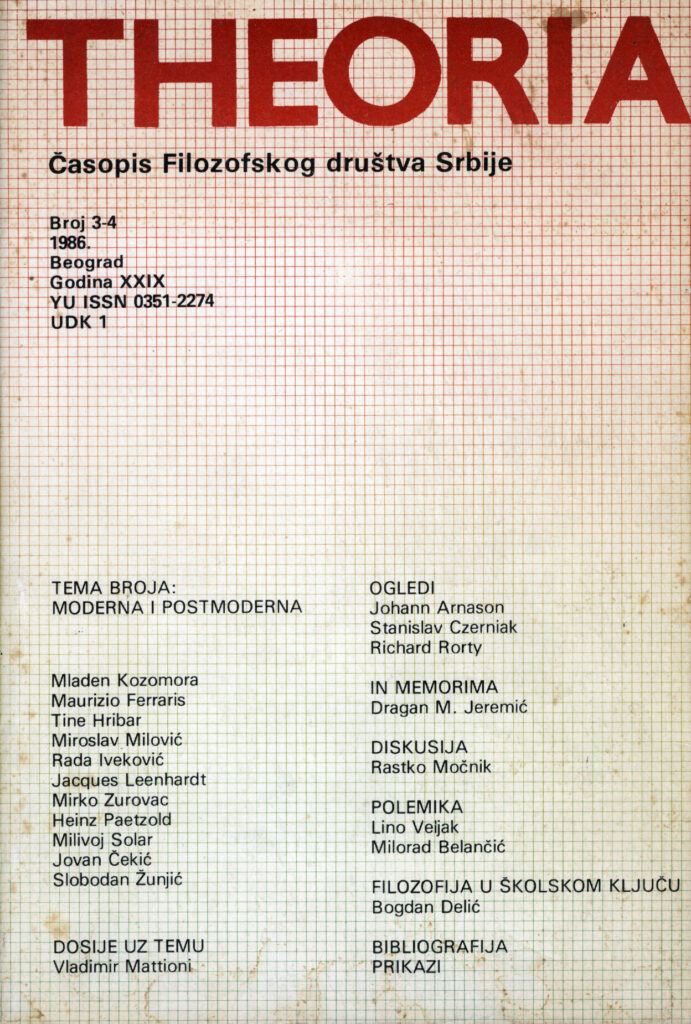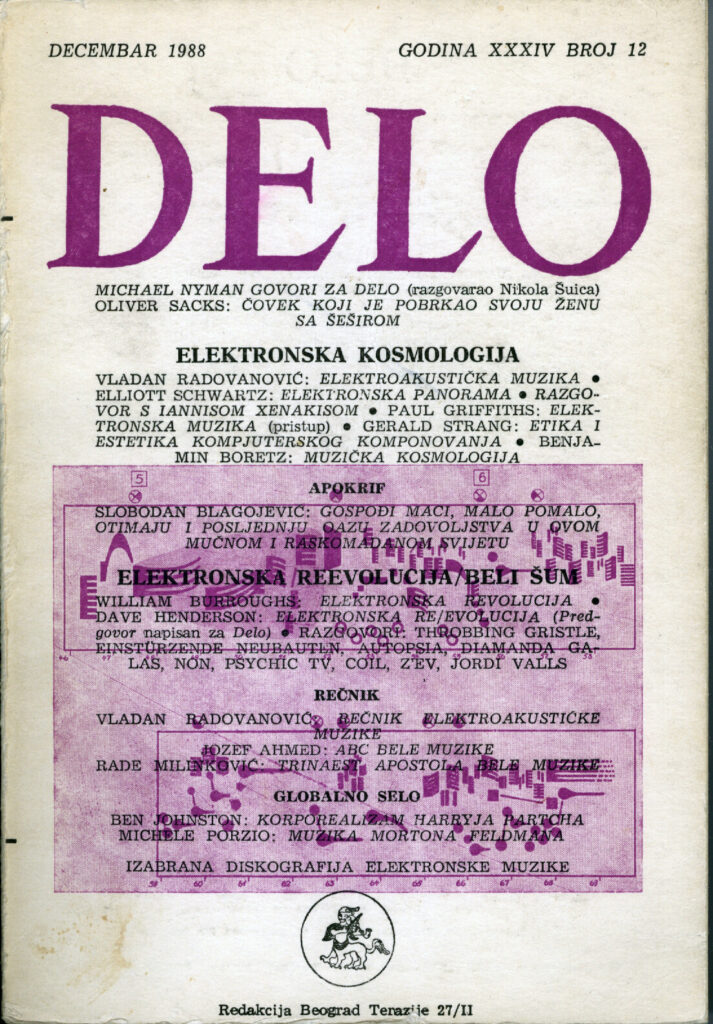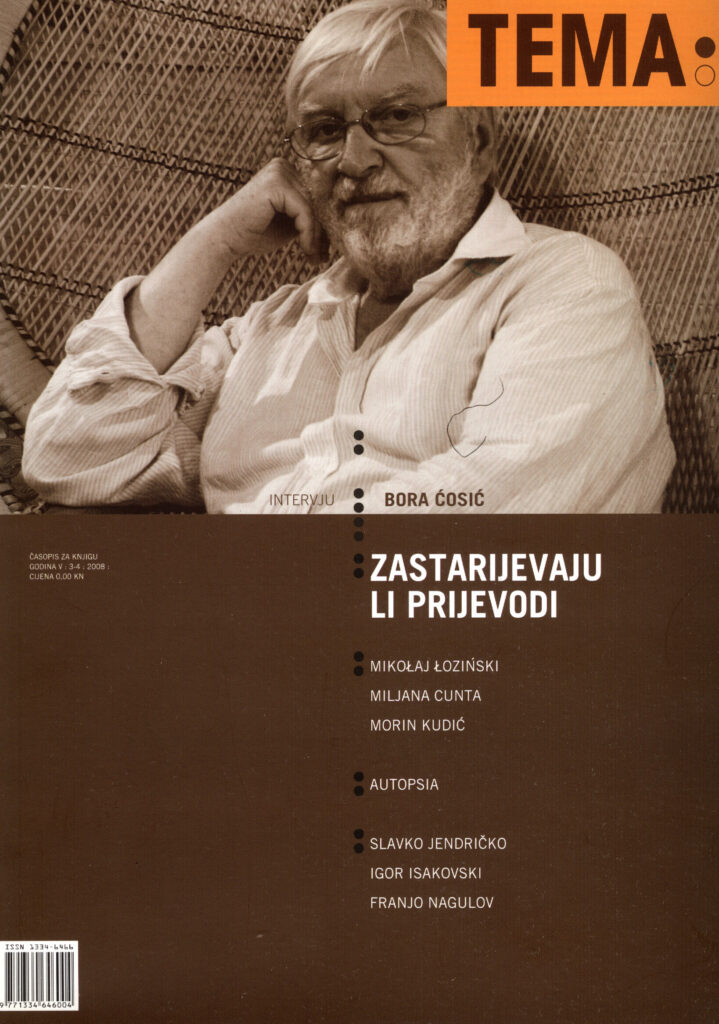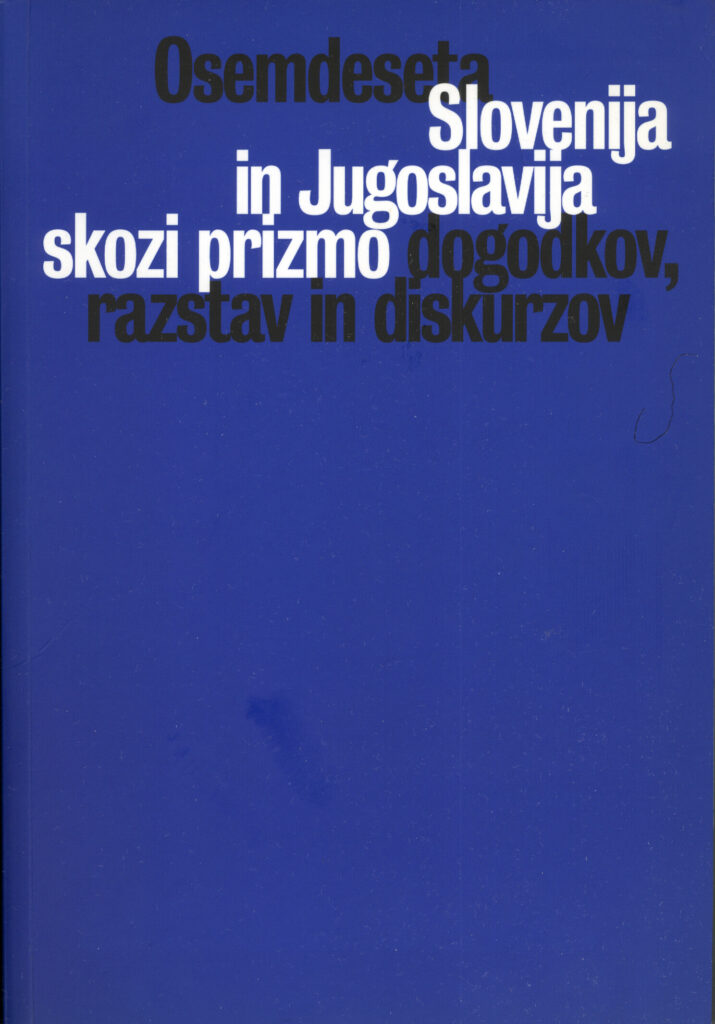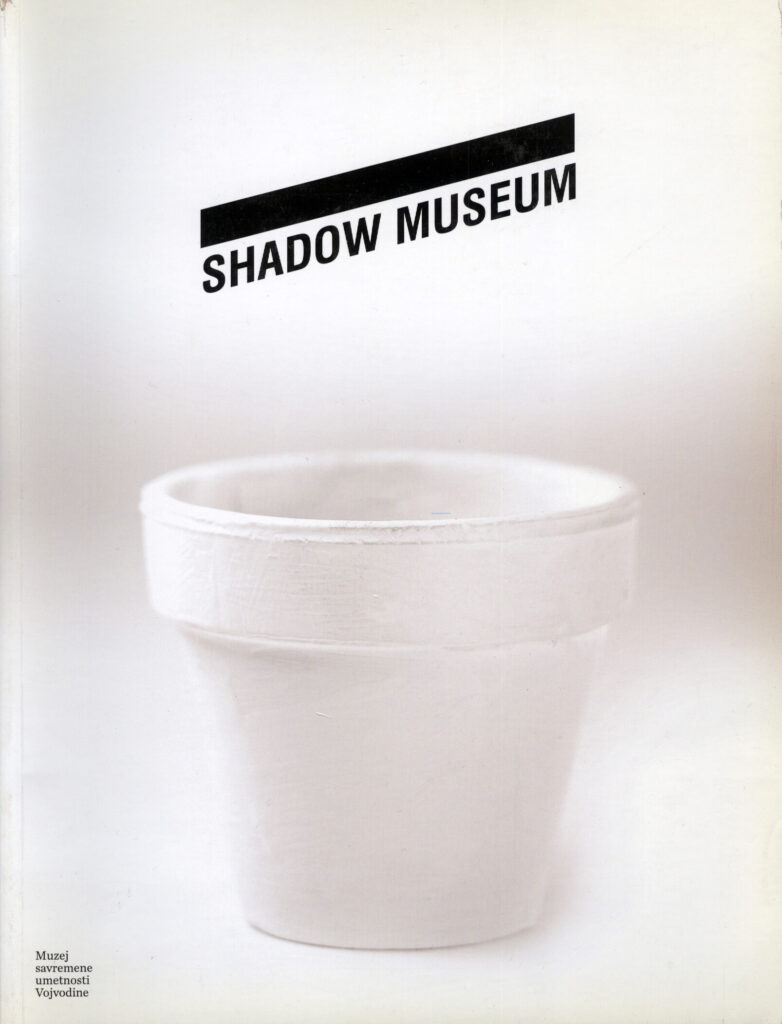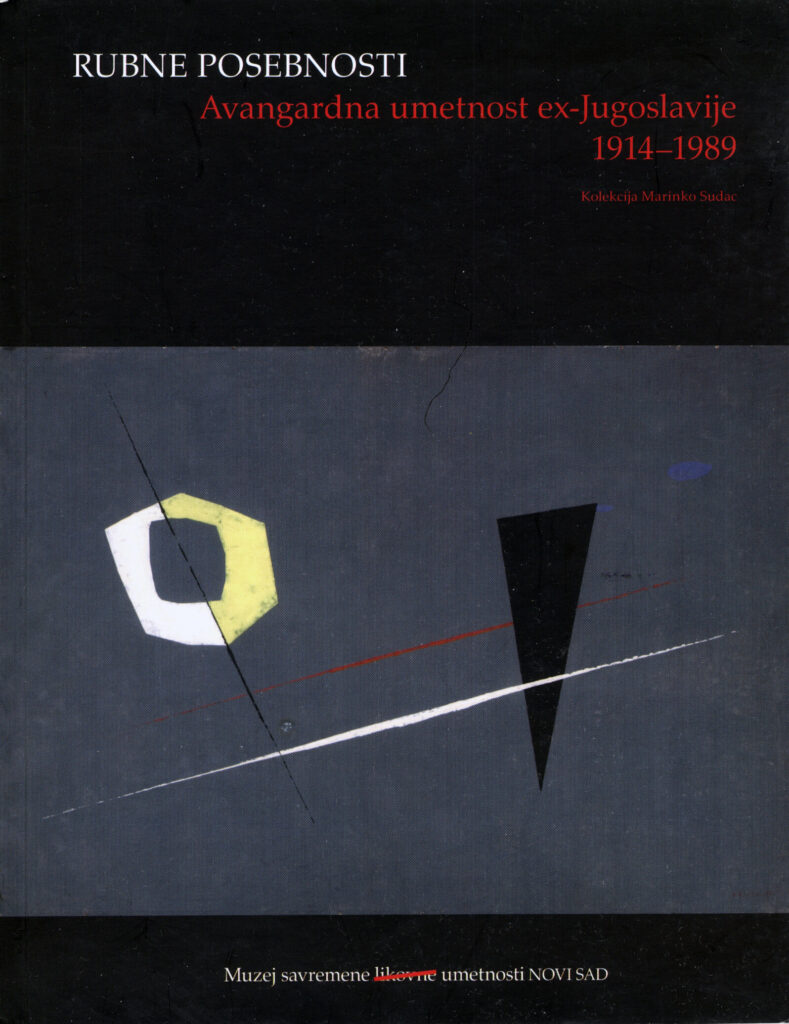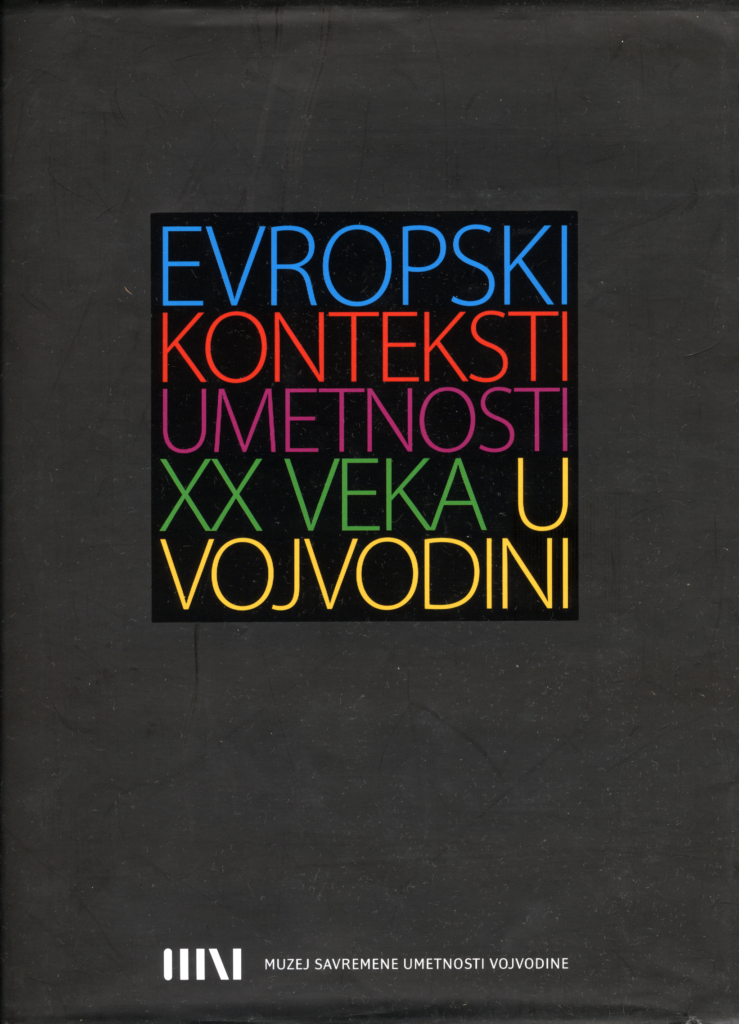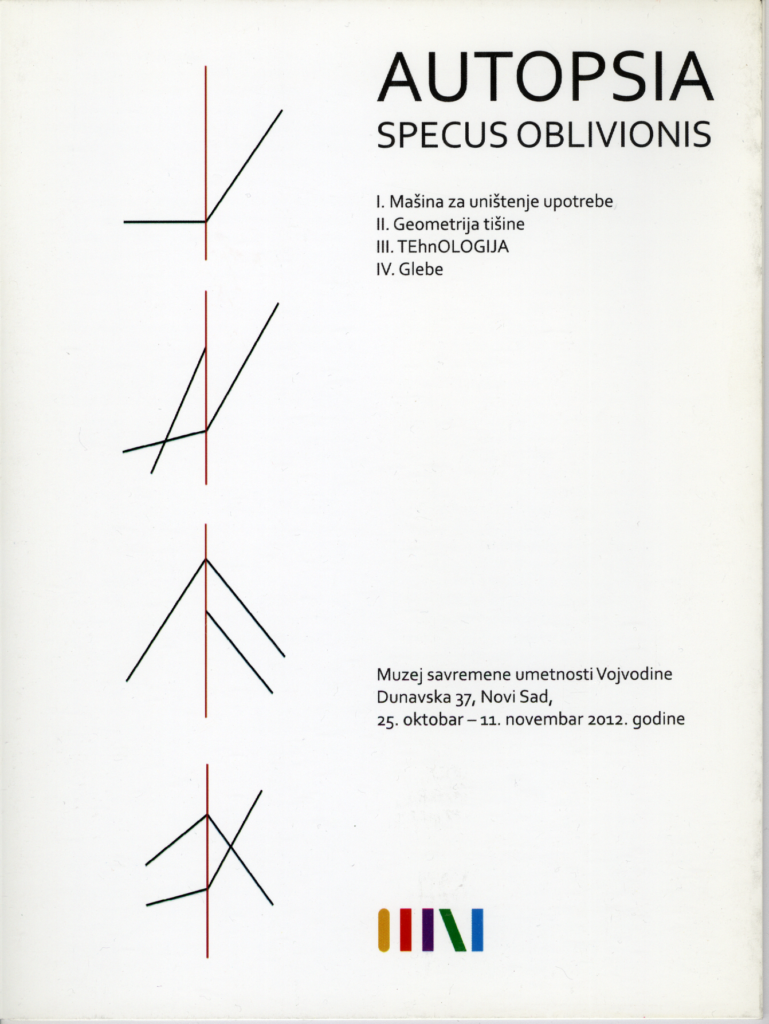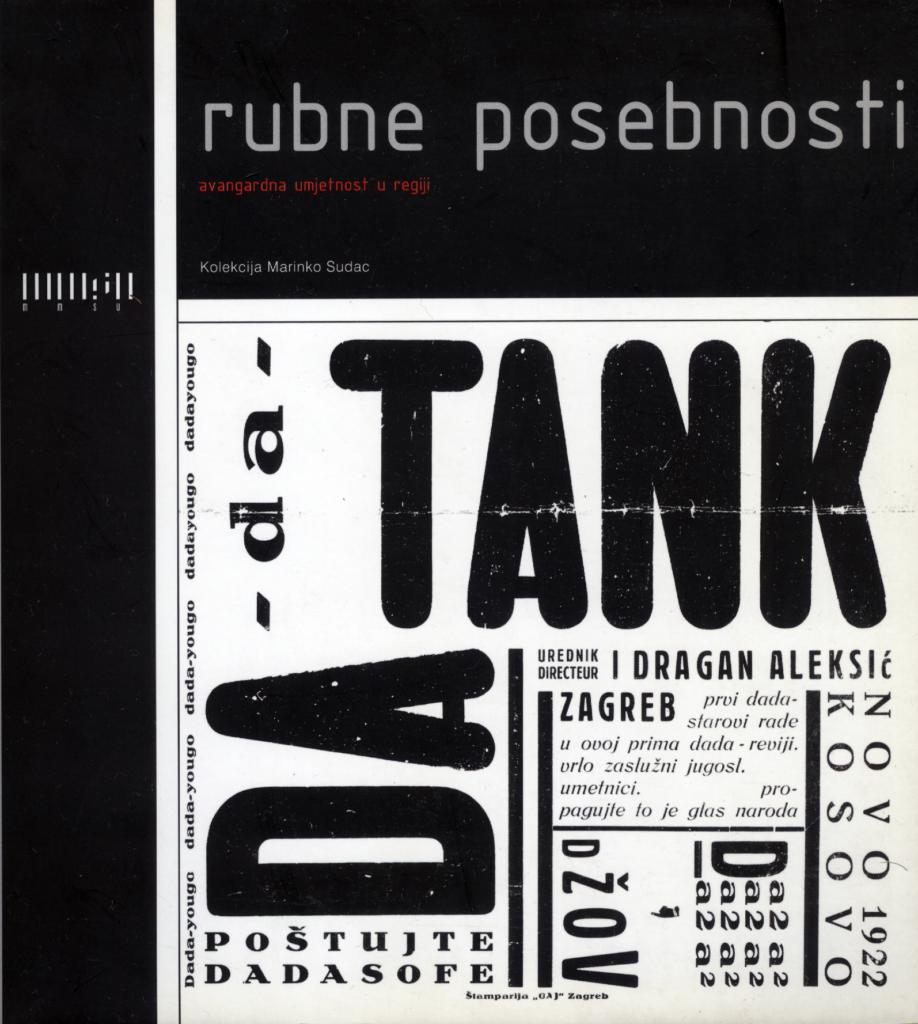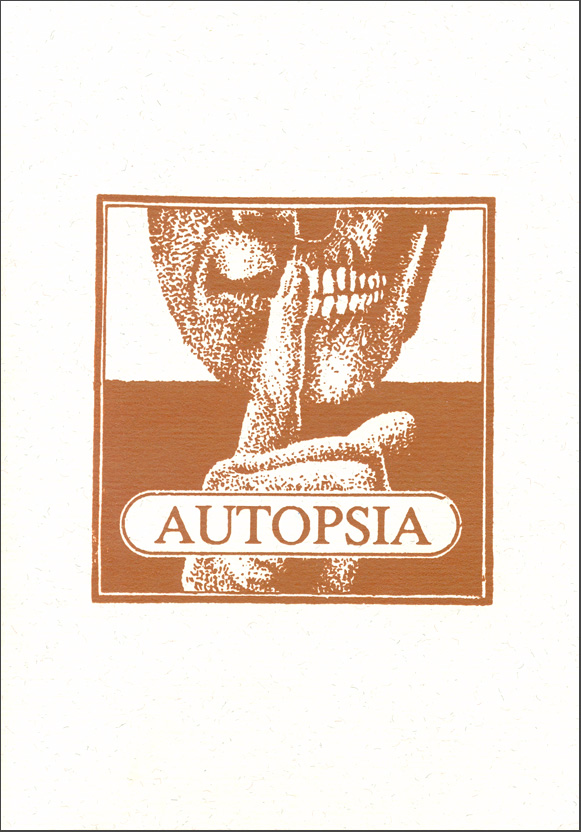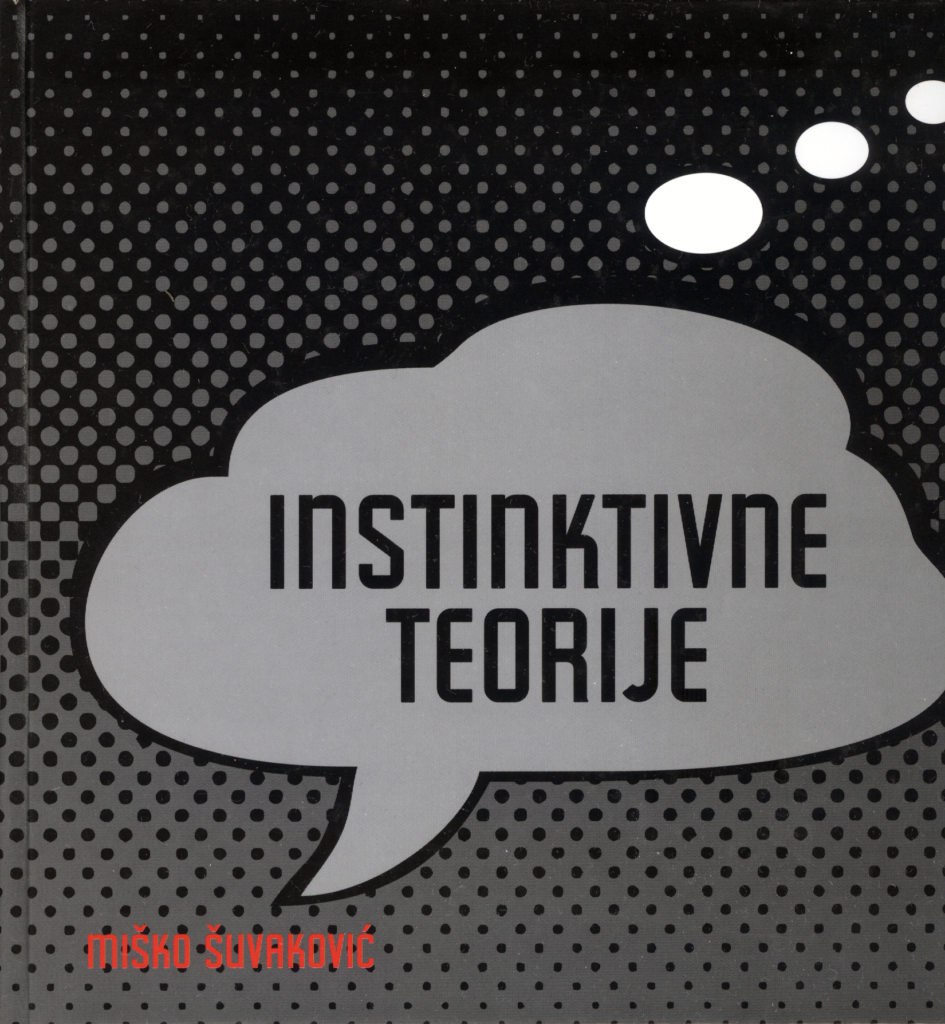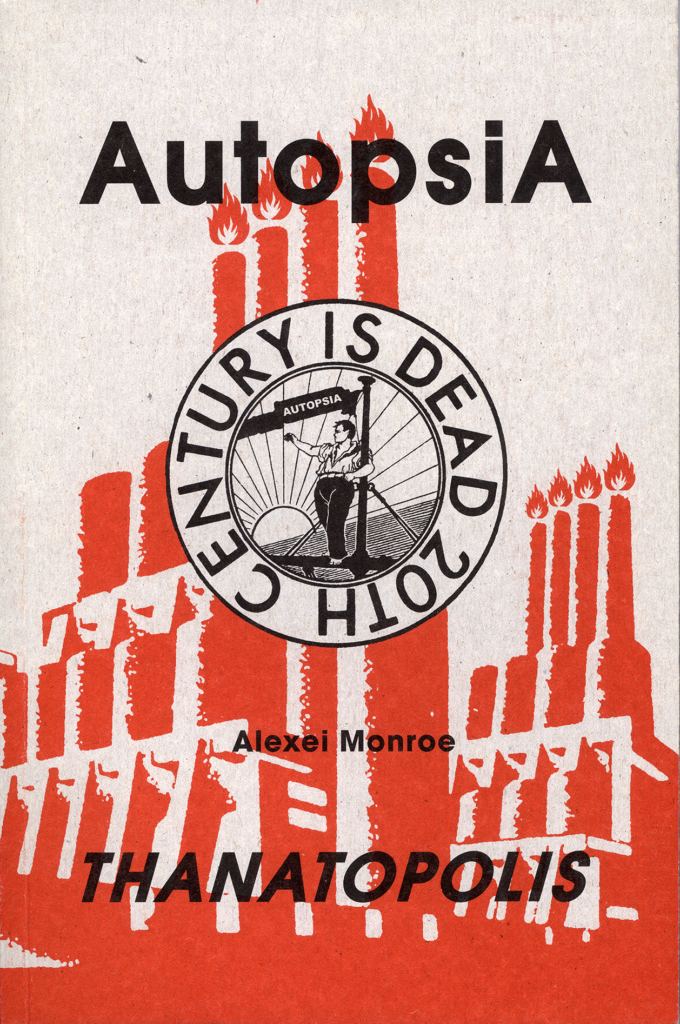
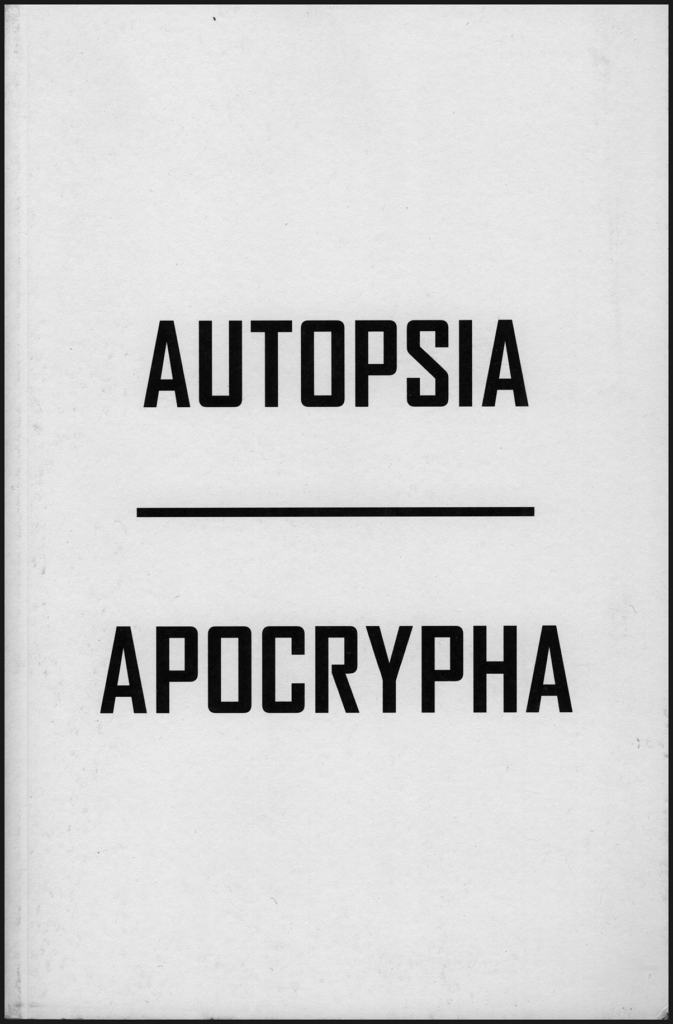
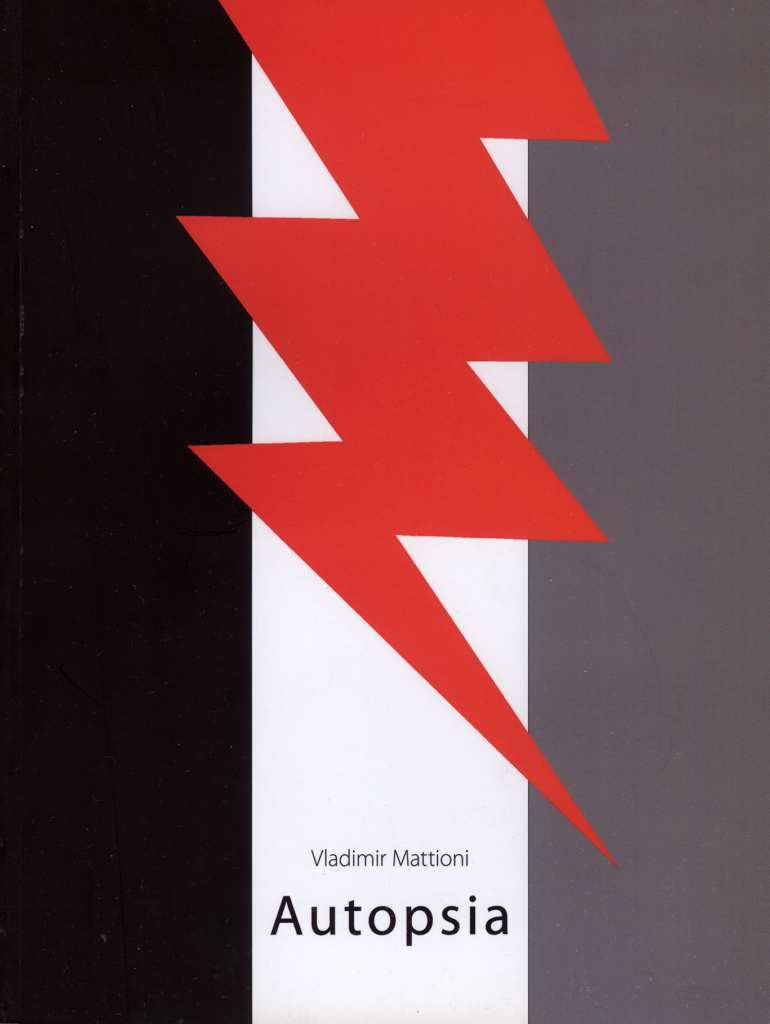
Thanatopolis – Alexei Monroe
Thanatopolis is the first extended work in English on a complex and mystifying body of work, dating back to 1979. Now based in Prague, it is an obscure part of industrial culture, which has been the subject of increasing interest over the last decade. AutopsiA is a highly cryptic and esoteric project so far ignored in the histories of this period. It uses an extremely diverse range of musical, philosophical, theological, poetic, literary, ideological and artistic sources, from biblical quotations to dubstep. The central theme this shadowy and shifting identity explores is death. Working in music, graphics, installations and film, AutopsiA intensively examines death as a cultural force that is increasingly repressed. Thanatoplis examines the key processes behind AutopsiA´s work and how it has often come to act as an uncanny commentary on future events. Thanatopolis explores the implications of its work appearing in 21st Century London, teetering on the brink of massive historical change and the attempted technological abolition of death.
Author: Alexei Monroe
Artist: Autopsia
Publisher: Divus
Format: Paperback
Size: 16 x 24 x 1,5 cm, Weight: 600 g
Page Extent: 112
ISBN: 978-80-86450-91-9
Thanatopolis Reviews
Alexei Monroe masterfully unravels the many facets of this largely unknown group of cultural engineers operating between London, former Yugoslavia and Prague. A fascinating journey of discovery into one of the overlooked pioneers of industrial culture, who fused diverse elements including esotericism, critical theory, modernist composition and an unrelenting focus on the theme of death into a unique body of artistic work.
Dr Uwe Schütte, Reader in German, Aston University
*
“With the increasing pixellation of history in the media age and the rise
of commodifiable humanist `utility´ art, the narcissistic fetish of individualism and
the `New Puritanism´ of third-stage (late-) Capitalism, Alexei Monroe´s illuminating
and thorough study of Autopsia is a reminder that non-aligned counter positions
are more essential than ever if we are not to live in Autopsia´s `Civilization of Death´…”
Dr. Simon Bell, Lecturer, Anglia Ruskin University
Selected Bibliography
